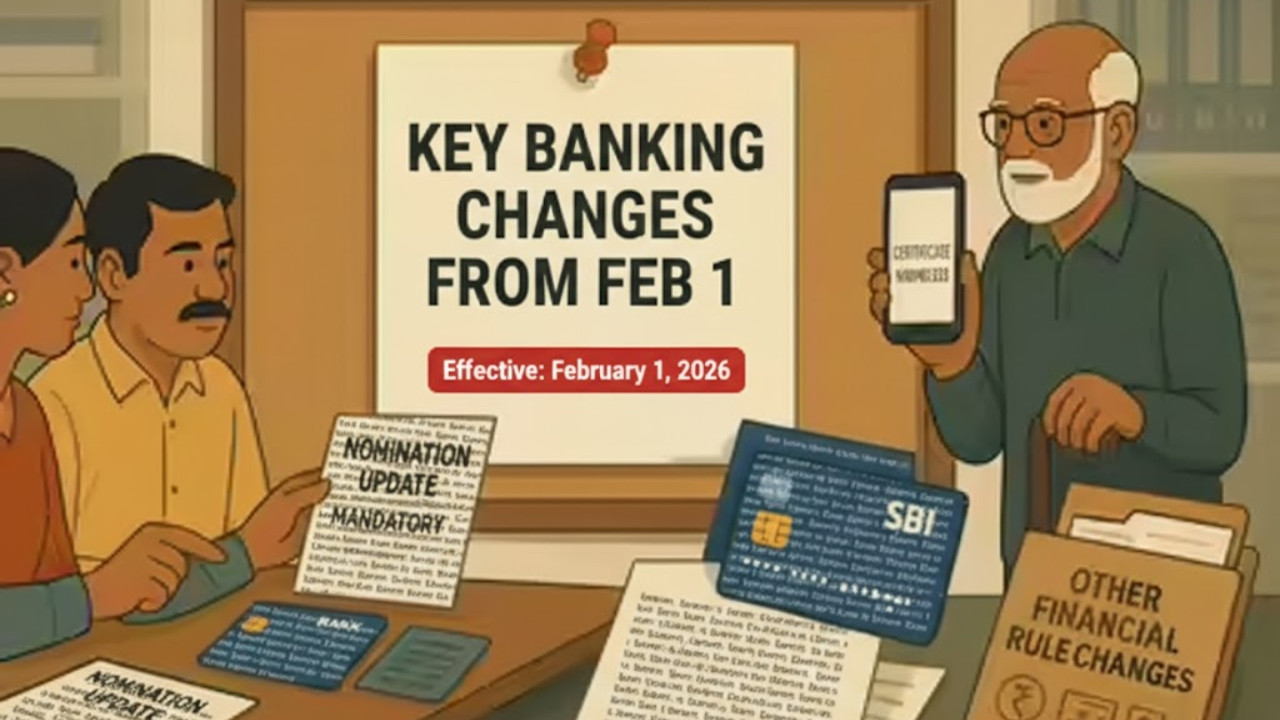Global parcel flows to the US are disrupted as 25 countries halt shipments, driven by fears over President Trump’s impending tariffs. The Universal Postal Union confirmed the suspensions, triggered by uncertainties related to transit services after the US scrapped duty-free entry for low-value packages. Australia Post and Japan Post are among those affected, while FedEx assures continued normal operations.
The Mail Stops Here: Why Your Packages to the US Might Be Delayed
Remember the anticipation of a package arriving from overseas? That little thrill when the postman (or woman!) finally delivers that unique gift, long-awaited gadget, or essential part you couldn’t find anywhere else? Well, that global connectivity, that ease of sending and receiving goods, just hit a snag. A rather significant one.
You might have noticed some hiccups with international deliveries to the United States lately. Packages taking longer, tracking information becoming mysteriously absent. The reason? It boils down to a global shakeup in postal agreements, triggered by shifts in how the U.S. handles import duties. And it’s impacting far more than just your online shopping habits.
The backstory involves something called “de minimis” – a fancy Latin term for “minimal things.” In international trade, it refers to the value threshold below which imported goods are exempt from duties and taxes. The U.S. used to have a relatively low de minimis value. But in recent years, that value has increased considerably. This shift hasn’t been without consequence.

Several countries, particularly those with smaller economies, are feeling the pinch. They argue that the U.S.’s approach to de minimis unfairly advantages certain players while disadvantaging their own postal services. They’re facing a situation where sending parcels to the US is becoming increasingly expensive for them, and less profitable.
As a result, at least 25 countries, including some within the developing world, have temporarily suspended postal services to the United States. This isn’t a blanket ban on all international shipping, mind you. Major players using private carriers like DHL and FedEx are still operating as usual. But for individuals and smaller businesses relying on national postal services, the impact is significant.
Why the dramatic response? It all comes down to the delicate balancing act that is international trade. Postal services worldwide operate under a complex web of agreements, many of which are coordinated by the Universal Postal Union (UPU), a UN agency. These agreements determine how countries compensate each other for delivering mail across borders. The changes in US policies regarding de minimis have thrown a wrench into this established system.
The fear is that the U.S.’s policies are creating a loophole that favors large e-commerce companies shipping directly to consumers, while simultaneously undercutting the competitiveness of smaller businesses and traditional postal networks. This not only hurts these nations’ own economies but also potentially disrupts the flow of goods and services globally, disproportionately affecting smaller players.
Think about a small artisan in a developing country trying to sell their handcrafted goods to the U.S. market. Relying on their national postal service for affordable shipping is crucial. With these suspensions in place, they may be priced out of the market, losing access to a vital source of income.
The situation is a complex one, with arguments on both sides. Finding a resolution that addresses the concerns of all parties will be essential to restoring smooth international postal operations. Negotiations are ongoing, and the UPU is working to facilitate dialogue between the affected countries and the United States.
This postal disruption is more than just a temporary inconvenience. It highlights the interconnectedness of the global economy and the impact that individual countries’ policies can have on the international stage. It also underscores the importance of international cooperation and fair trade practices in ensuring that everyone benefits from global commerce. You might find more insights on related supply chain disruptions on [our page about global trade challenges](/global-trade-challenges).
The hope is that a compromise can be reached soon, allowing packages to flow freely again and ensuring that small businesses and individuals around the world can continue to participate in the global marketplace. Until then, be prepared for potential delays and explore alternative shipping options if you absolutely need something delivered to or from the US.







